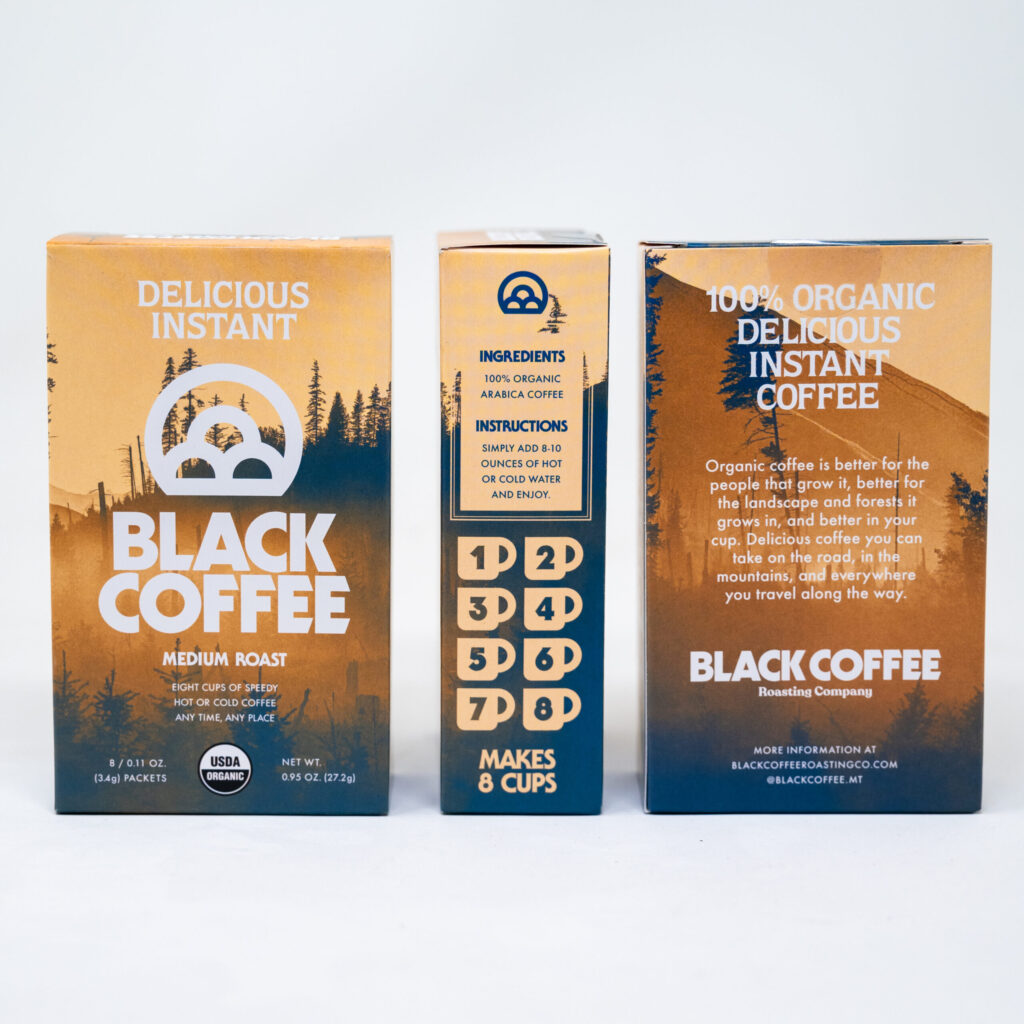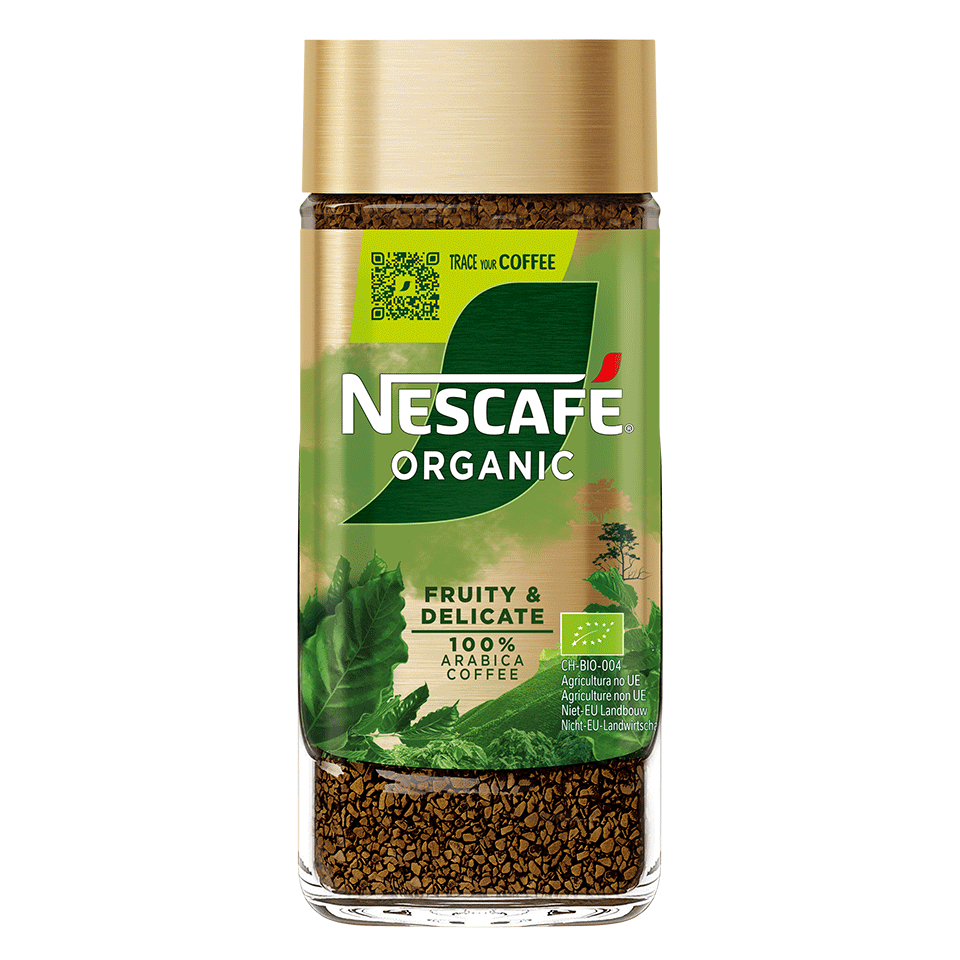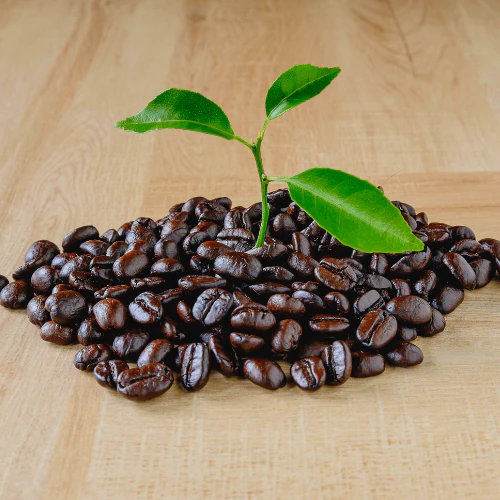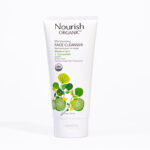Organic Coffee: Discover the Ultimate Freshness and Flavor Boost

Introduction to Organic Coffee
In the morning, you imagine sipping a cup of organic coffee that not only wakes you up but also supports your health and the planet.
Organic coffee could be the answer you’ve been searching for. It’s more than just a drink—it’s a choice that affects your body, your taste buds, and the world around you. If you want to discover how coffee can transform your daily routine and why it might be the best option for you, keep reading.
Your perfect cup is waiting.
Why Choose Organic Coffee
Choosing organic coffee makes a big difference. It is more than just taste. It offers many benefits for your health, the planet, and farmers. Understanding these benefits helps you enjoy each cup more.
Health Benefits Of Organic Beans
This coffee beans grow without synthetic pesticides or chemicals. This means fewer toxins in your cup. Drinking coffee reduces exposure to harmful substances. It also retains more natural antioxidants. These antioxidants help protect your body from damage. This coffee supports a cleaner, healthier lifestyle.
Environmental Impact
Farming of this coffee avoids harmful chemicals that pollute soil and water. It helps maintain healthy ecosystems. This farming method supports biodiversity. Birds, insects, and plants thrive around the coffee farms. Soil stays rich and fertile for longer. Choosing this coffee helps protect nature and keeps the environment safe.
Supporting Sustainable Farming
Organic coffee supports farmers who use eco-friendly methods. These farmers focus on long-term care for their land. They avoid harmful chemicals and conserve water. Buying coffee encourages fair farming practices. It helps small farmers earn a better living. Sustainable farming protects the future of coffee production.

How Organic Coffee Enhances Flavor
This coffee offers a more vibrant flavor than regular coffee. The way it is grown and processed makes a big difference. Understanding the factors behind this can help you appreciate why coffee tastes better.
Soil Quality And Bean Taste
Plants of this coffee thrive in healthy soil rich in natural nutrients. This soil supports strong and flavorful beans. Good soil helps the coffee beans develop complex taste notes. The beans absorb natural minerals that enhance their flavor.
Natural Growing Processes
The farming of this coffee avoids synthetic chemicals and pesticides. This means the coffee plants grow in a balanced environment. Nature controls pests and diseases naturally. This slow and careful growing process improves the beans’ taste.
Absence Of Chemical Residues
Organic coffee beans do not have chemical residues. These residues can change the natural flavor of coffee. Clean beans keep the pure taste intact. You enjoy coffee with fresh and clear flavor notes every time.
Freshness Factors In Organic Coffee
Freshness plays a big role in the taste and quality of this coffee. It affects the aroma and flavor that coffee lovers enjoy. This coffee is handled with care from farm to cup. Every step matters to keep it fresh and tasty.
Harvesting And Processing Methods of Organic Coffee
This coffee is picked at the right time to keep its quality high. Farmers handpick ripe beans to avoid mixing with unripe ones. This careful selection helps keep the flavor strong. The beans go through natural processes without chemicals. These methods preserve the beans’ natural oils and freshness.
Packaging Techniques To Preserve Freshness
Packaging protects this coffee from air, light, and moisture. Vacuum-sealed bags and nitrogen flushing are common methods. These keep the beans fresh by slowing down oxidation. Good packaging stops the coffee from losing flavor quickly. It also keeps the beans safe during transport.
Shelf Life Compared To Conventional Coffee
Organic coffee usually has a shorter shelf life than conventional coffee. This happens because it lacks synthetic preservatives. The natural oils in organic beans can go stale faster. Storing coffee in a cool, dry place helps maintain freshness. Using the coffee soon after roasting gives the best taste.
Brewing Tips For Maximum Flavor
Brewing the organic coffee correctly brings out its best flavors. Each step in the process matters. From grind size to water temperature, small changes affect taste. Follow these tips to enjoy a rich, clean cup of coffee.
Choosing The Right Grind Size
The grind size controls how fast water passes through coffee grounds. Coarse grinds suit slow methods like French press. Medium grinds work well for drip coffee makers. Fine grinds are best for espresso machines. Match grind size to your brewing tool for balanced flavor.
Optimal Water Temperature
Water temperature affects how coffee extracts. Use water between 195°F and 205°F (90°C – 96°C). Too hot water can burn the coffee, making it bitter. Too cold water under-extracts, causing weak taste. Use a thermometer for precise temperature control.
Best Brewing Methods
French press keeps oils and flavors intact. Pour-over gives clean, bright notes. Aeropress creates strong, smooth coffee quickly. Cold brew offers a mellow, less acidic cup. Choose a method that highlights your coffee’s unique taste.
Popular Organic Coffee Varieties
This coffee offers a rich variety of flavors and experiences. Each type reflects the care taken during its growth without synthetic chemicals. Coffee lovers enjoy exploring these options to find their favorite taste and aroma. Understanding popular organic coffee varieties helps pick the perfect cup.
Single-origin Beans
Single-origin beans come from one specific region or farm. These beans showcase the unique flavors of their soil and climate. You can taste fruity, nutty, or floral notes depending on the origin. Single-origin organic coffee offers a pure and distinct flavor profile. Each sip tells a story of its homeland.
Blends With Unique Profiles
Blends mix beans from different regions or farms. This creates a balanced and complex flavor profile. Organic blends often combine beans with varying strengths and tastes. The result is a smooth, rich coffee with layers of flavor. Blends suit those who enjoy variety in every cup.
Fair Trade And Certification Labels
Fair Trade and other certifications ensure ethical and sustainable farming. These labels confirm that farmers get fair pay and work in safe conditions. Certified organic coffee also meets strict environmental standards. Choosing certified coffee supports communities and the planet. These labels guide buyers to responsible coffee choices.

Where To Buy Quality Organic Coffee
Finding quality coffee is easier than you think. Many places offer fresh, flavorful beans grown without chemicals. Choosing the right source helps you enjoy pure taste and support eco-friendly farming. Here are some top spots to buy organic coffee.
Specialty Coffee Shops
Specialty coffee shops often carry high-quality organic beans. These shops focus on unique flavors and small-batch roasting. Staff usually know the story behind each coffee. They can guide you to the best organic options. Visiting these shops gives you a chance to taste before buying.
Online Retailers
Online stores provide a wide range of organic coffee brands. You can compare prices and read customer reviews easily. Many sellers offer detailed descriptions about origin and farming methods. Some websites specialize only in organic and fair-trade coffees. This option is great for convenience and variety.
Local Roasters And Farmers Markets
Local roasters often source organic beans directly from farmers. They roast coffee in small batches for freshness. Farmers markets are a good place to meet producers face-to-face. You can ask questions about farming and processing. Supporting local roasters helps your community and ensures quality coffee.

Frequently Asked Questions of Organic Coffee
What Is Organic Coffee?
Organic coffee is grown without synthetic pesticides or fertilizers. It uses natural farming methods that protect the environment and soil health.
How Does Organic Coffee Differ From Regular Coffee?
Organic coffee is cultivated using eco-friendly practices, avoiding chemicals. Regular coffee may use pesticides and synthetic fertilizers that affect taste and quality.
Is Organic Coffee Healthier To Drink?
Yes, this coffee contains fewer chemical residues. It is richer in antioxidants, offering better health benefits and a cleaner taste.
Does Organic Coffee Taste Better Than Non-organic?
Many find this coffee has a purer, richer flavor. It reflects natural growing conditions without chemical interference, enhancing aroma and taste.
Conclusion of Organic Coffee
Choosing organic coffee supports health and the environment. It offers rich flavors without harmful chemicals. Farmers benefit from safer, fair farming practices. Drinking this coffee feels good and tastes pure. Small changes in your cup can make a big difference.
Try organic coffee for a cleaner, fresher experience. Enjoy every sip knowing you help nature and yourself. Simple choices lead to better mornings and a better world.




Leave a Reply